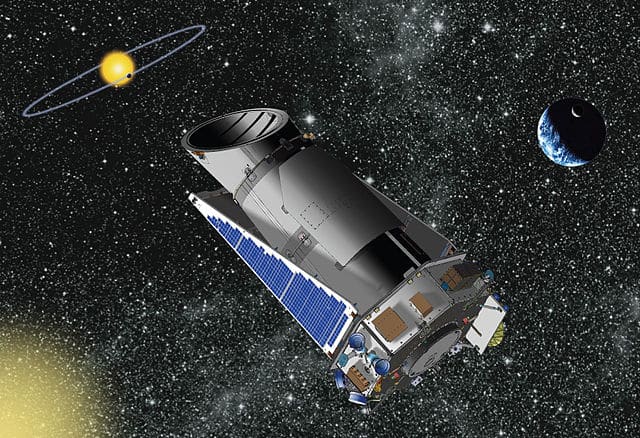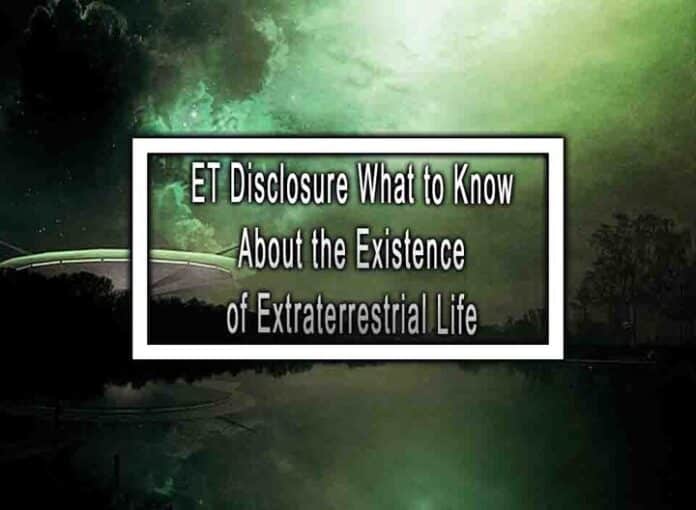The existence of extraterrestrial life, often referred to as “ET Disclosure,” would be one of the most profound discoveries in human history. While there has been no official confirmation of extraterrestrial life as of my last knowledge update in September 2021, here’s what you should know if such disclosure were to occur:
Scientific Evidence:
Confirmation of extraterrestrial life would likely be based on scientific evidence, such as the discovery of microbial life, complex organic molecules, or other biological markers on celestial bodies like Mars, Europa, Enceladus, or in the atmospheres of exoplanets.
Types of Extraterrestrial Life:
Extraterrestrial life could take various forms, from simple microbes to more complex organisms. It might exist in environments radically different from Earth, such as subsurface oceans or extreme climates.
Implications for Astrobiology:
The discovery of extraterrestrial life would revolutionize the field of astrobiology, enhancing our understanding of the conditions necessary for life and the potential for life to exist elsewhere in the universe.
Impact on Religion and Philosophy:
The existence of extraterrestrial life could raise questions and challenges for religious and philosophical worldviews. Different belief systems might interpret such a discovery in various ways.
Ethical and Philosophical Considerations:
Society would need to consider ethical questions about how to treat potential extraterrestrial life forms and whether we have a responsibility to protect them. Philosophical discussions about our place in the cosmos would likely emerge.
Space Exploration and Colonization:
The confirmation of extraterrestrial life could spur increased interest and investment in space exploration, with a focus on studying and potentially colonizing worlds with life-sustaining conditions.
Planetary Protection:
If we discover extraterrestrial life, planetary protection protocols would be critical to prevent contamination of extraterrestrial environments with Earth microorganisms and vice versa.
Global Response:
Governments and space agencies worldwide would need to coordinate their response to such a discovery, including how to communicate it to the public and how to regulate future space exploration.
Public Reaction:
The public’s reaction to ET disclosure would be significant. It could generate both excitement and anxiety, with profound implications for science education and public interest in space exploration.
Scientific Verification:
Expect rigorous scientific verification and peer review of any extraterrestrial life claims to ensure that the evidence is solid and reliable.
Open Questions:
Even with confirmation of extraterrestrial life, many questions would remain unanswered, such as the origin of life, its diversity, and the prevalence of intelligent civilizations in the universe.
Communication:
If the extraterrestrial life forms are more advanced, the possibility of interstellar communication or contact would be a topic of intense debate and consideration.
Remember that while the search for extraterrestrial life is ongoing, concrete evidence has not been publicly disclosed as of my last knowledge update. Scientific investigations continue, and the search for ET life remains one of the most compelling endeavors in modern science. Any eventual discovery would have profound and far-reaching implications for humanity.











